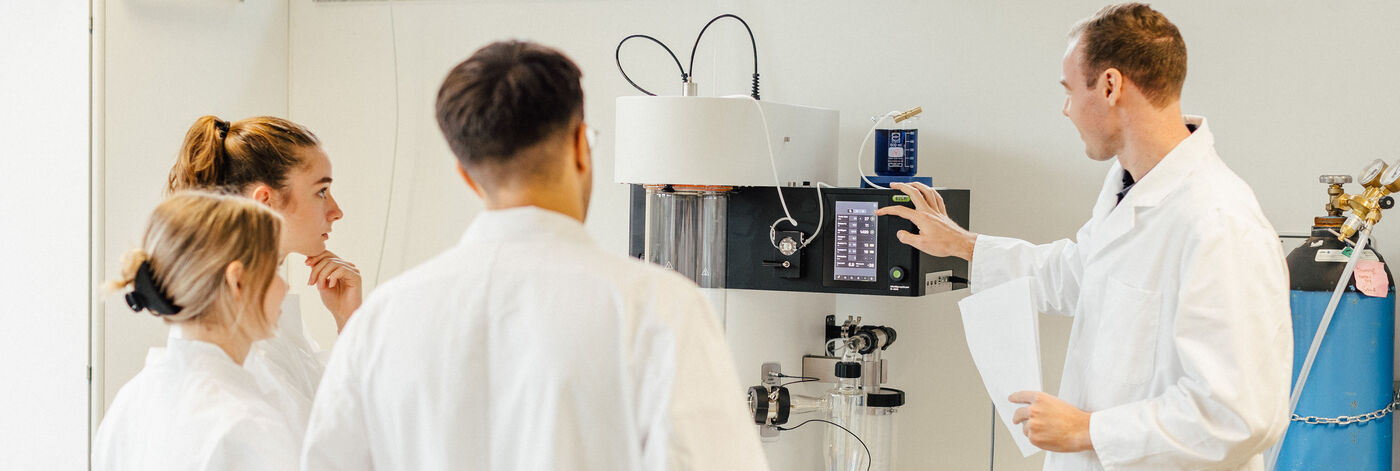By clicking on the following links you will be redirected to the central university page for research.
Certification concept
The demands placed on the quality of food and beverage services are constantly increasing. The main reasons for this development are the increased demands of guests, stricter regulations under political law, and growing competitive pressure in the out-of-home catering sector. Against this background, certification can make a valuable contribution to sustainable quality assurance and quality improvement in catering establishments and also enable a positive differentiation of one's own range of services from those of competitors.
Project management
Catering management and labor science
- Room: Q 113 (office) / O 110 (laboratory)
- Phone: +49 2161 186-5415
- jens.wetterau(at)hs-niederrhein.de
- Consultation:



















